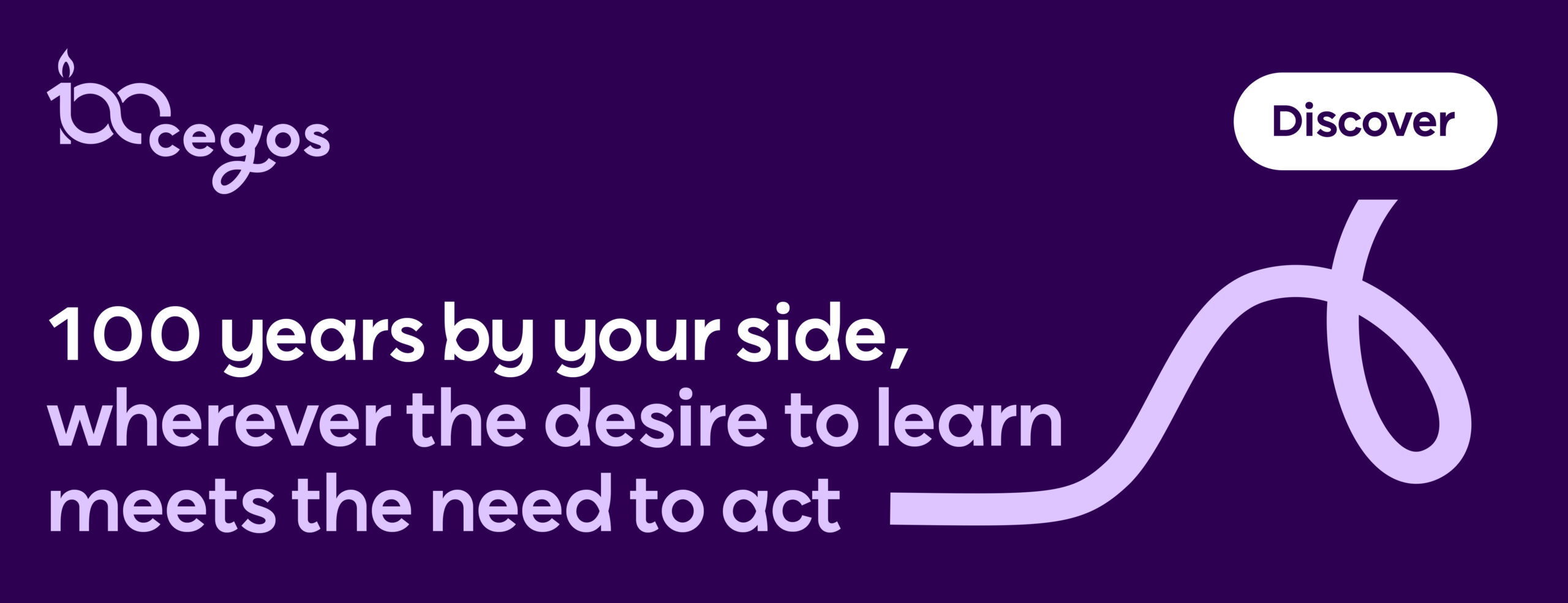

We all know the importance of having good leaders, in whom people identify, who are inspiring, who give direction to teams and organizations.
While this is undeniable, it is also true that it is something that can be learned and developed. The ability to set goals, define a vision for the team and rally people around it is something that the leader will have to quickly secure. This could be the starting point for those who are beginning their leadership journey and need to integrate into the team and take their place.
Before you know it, the employee is appointed and… has to quickly lead the team. Some organizations have succession plans, development plans, talent pools, so that these new leaders are prepared when they start to lead a team and be responsible for people and objectives. However, preparation is not reality, “knowing” is not necessarily “being” and some new managers feel this moment as the most challenging of their careers.
In a reality, we constantly talk about artificial intelligence as one of the greatest innovations of our time, but, can AI help us to be… leaders?
In other circumstances, we would be reluctant to do this in the context of an article. The spectre is still one of feeling like we're ‘cheating’ by using Artificial Intelligence, of using a source of information to replace us, but… in this case, we really want to understand how this supportive relationship can occur and so… we went to ask the ChatGPT! In fact, the question is: how can Artificial Intelligence help us improve our Leadership skills?
And what did ChatGPT answer?
Get to know yourself
‘Start by developing self-knowledge, reflecting on your strengths and areas for improvement.’
We couldn't agree more. The whole journey has to start with the capacity for self-knowledge, the full awareness that what we have as a foundation is what will make our path as leaders easier, so that we can be accepted and recognised by others. Some powerful questions need to be answered: how do I usually communicate? Which channels of communication am I most comfortable with (one-to-one meetings, telephone, email?) How do I act under stress? What do I expect from the team? How do I react to a mistake? Am I prepared to ask for help? To give feedback? How do I plan? How well do I get to know my people?
We can only improve what we know: this could be a phrase that expresses the necessary starting point for anyone beginning their growth process as a leader.

Get to know the team
‘Tomorrow, focus on listening more than talking, deeply understanding your team's needs and concerns.’
This second advice from ChatGPT is great. A manager's temptation to prove that he or she is worthy of recognition can make him or her take on too much of an interventionist role in the team, taking over from the people. This can give the team an image that he doesn't trust the people, that he isn't willing to first get to know their ability, their maturity, the possibility of giving them autonomy, jeopardising everything at the initial stage of the relationship. ‘Saying and not listening’ cannot be the dominant trait of a leader, and this will be more problematic if the team is already consolidated in terms of experience and performance time and the new element is the Leader.
The advice is wise: focusing on the team will give the leader the knowledge needed to get to know the people: what they know best, what they appreciate most, how they want to be treated, what expectations they have. A leader who takes care to adapt to the team from the outset will be a leader who is closer to the team's effectiveness, acceptance and recognition.
Manage emotions and empathy
‘Cultivate emotional intelligence by managing emotions well and communicating with empathy.’
Curiously, in his last advise, ChatGPT doesn't suggest a plan for setting objectives, technical training or worrying about organising the team. The recommendation is for purely human skills: managing emotions and empathy. These are actions chosen as critical by Chat.
As behavioural consultants, we couldn't agree more. From experience, we know that it's easy to teach, to provide technical competence. The difficulty lies in winning over the employee's desire to go further, to want challenges, to be fulfilled in their role, to take responsibility, to innovate. In years of experience, we've heard many leaders reveal how difficult it is to approach ‘difficult’ people, to celebrate the ‘recovery of lost cases’, of people whose motivation no longer counted. Apparently, what some of us are still discovering about artificial intelligence: that emotion makes all the difference, that empathy is the key to success and that employees not only rely on these behaviours, but are beginning to tolerate their absence.

Further thoughts
In this dialogue to which we invited ChatGPT, we posed these challenges (how can I become a leader? And how can I rely on artificial intelligence?), the answers were very interesting.
We realised that Artificial Intelligence can provide us with information to make decisions, give us performance standards, testimonials about other leaders, create complex scenarios that test us, with a focus on data analysis and automation, but intelligently, on this journey of improving leadership skills, AI proposes to help us… be more human!
Chatbots and other tools can be our allies, helping us to complement human competences, helping us to make better decisions. However, leadership requires intuition, ethics, a deep understanding of human emotions, with empathy, skills that will be difficult for AI to replicate and ChatGPT seems to be aware of this. This may not be (at least for now) the role of AI, but that of collaboration, of a kind of robotised coaching, supported by challenges, decision scenarios and feedback.
Even so, it won't be in every process or with every person. ChatGPT offers to create cases, give us feedback, help us realise our strengths and improve. However, I think that we will continue to rely, for example, on Mentoring processes with ‘flesh and blood mentors’, because the ‘experienced it’ factor, the possibility of reporting in the first person will continue to have more value for some people.
In training, we sometimes hear the objection ‘oh, but that's not how it is in my reality’, which is similar to this predilection for experience, for living, rather than theory. Humans need to identify, to feel complicity, to feel that those who listen to them understand because they have experienced something similar and this may still be the factor that keeps us away from Artificial Intelligence in the service of developing leaders.
‘Perhaps AI is more of a tool than a teacher in the strict sense.’
No doubt about it, ChatGPT!
And in a reality of constant change, another challenge for new leaders could emerge: not just managing generational differences, but perhaps the leaders of the future will have to manage people and AI… combining will, justice, autonomy, development for all…
We're living in fascinating times, even in leadership! What do you think, ChatGPT ?
‘Absolutely! Leadership today is shaped by technological innovation, empathy and adaptability, making this a unique and fascinating time to lead!’
This article was written by Elsa Guilherme, Senior Manager Change & Transformation at Cegoc. It was originally published in Portuguese under the title "ChatGPT: a liderança e eu"










